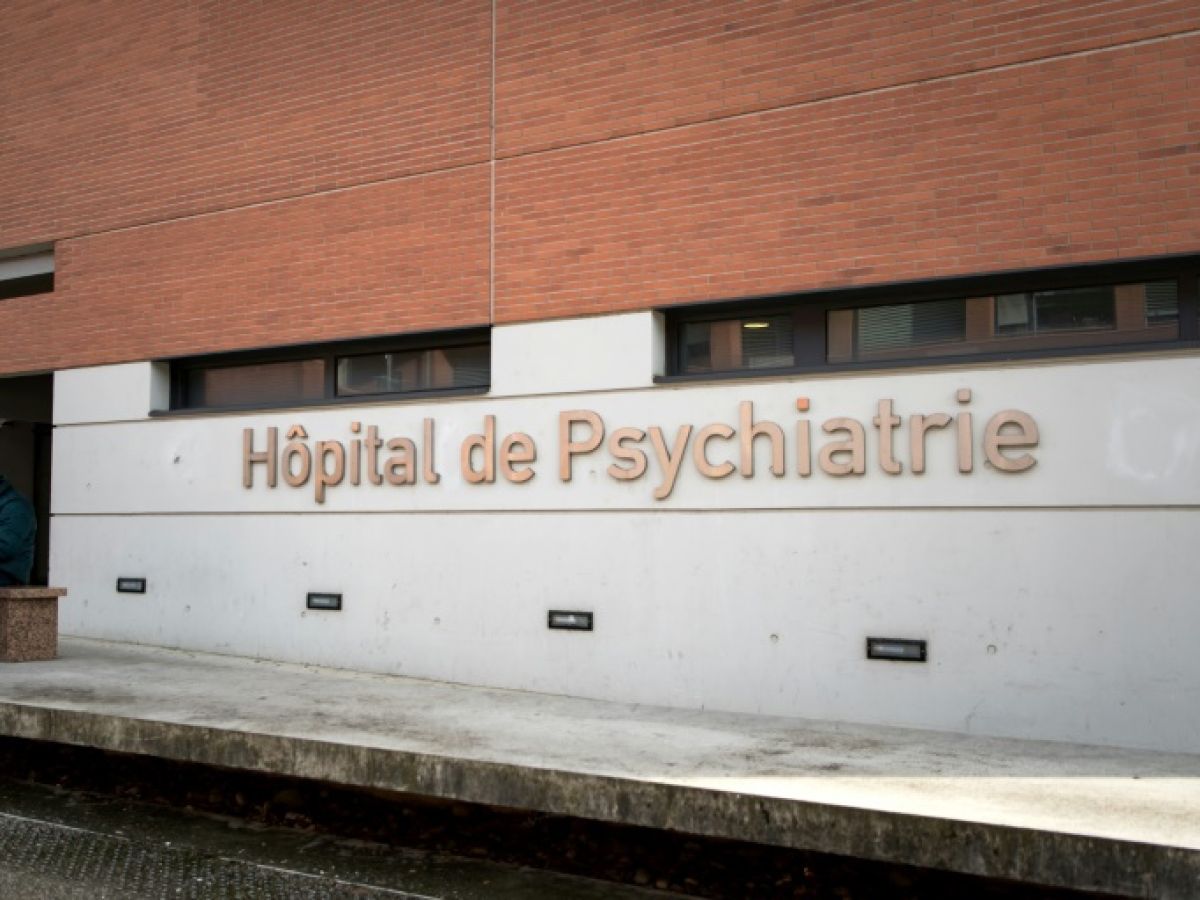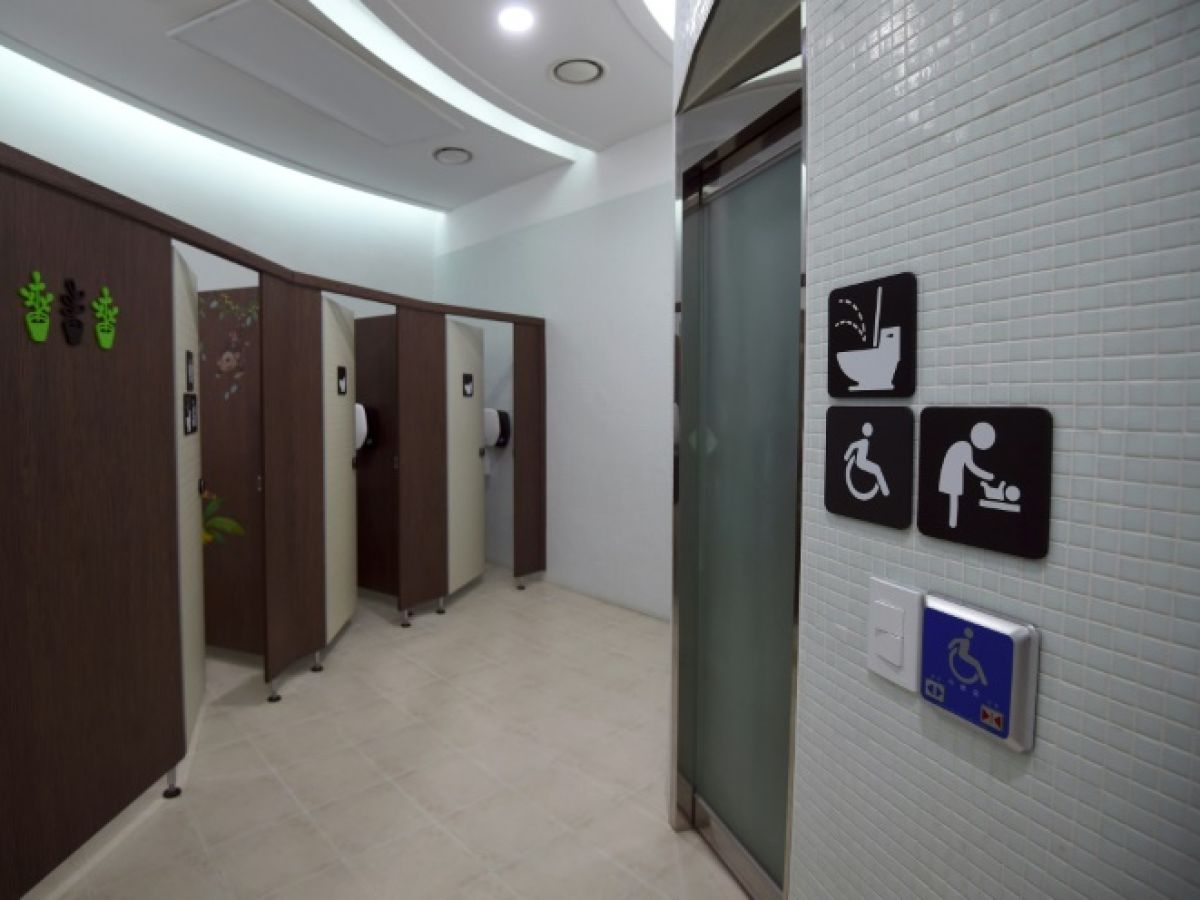Deteriorated access conditions, shortage of resources, territorial inequalities: the "urgency and seriousness" of the crisis in psychiatry in France require a dedicated, rapid and large-scale "plan", underlines the National Ethics Committee in an opinion made public on Monday.
This opinion, entitled "Ethical issues relating to the crisis in psychiatry: an alert", stresses the urgency of a coordinated and ambitious response at a time when psychiatric disorders affect approximately one in five French people during their lifetime.
Three priorities are set out by the committee: "guaranteeing access to decent psychiatric care" and strengthening "vigilance around the mental health of all"; "fighting against the stigmatization and exclusion of people living with psychiatric disorders"; strengthening training and research in all disciplines contributing to psychiatric care.
"People in distress need rapid and effective responses; as do health professionals, who are tired and worried," emphasizes the National Consultative Ethics Committee (CCNE), which has taken up the issue itself.
While it "welcomes with satisfaction" the choice of mental health as a major national cause for 2025 by the Barnier and then Bayrou governments, the organization, which brings together doctors, scientists, lawyers and philosophers, recommends "a real multi-year psychiatry plan."
"For the past ten years, more than twenty reports have denounced the difficulties of care, access to care, sometimes mistreatment, in particular restraint - many of which are linked to staff shortages. And the paradox is the absence of a strong political response," Sophie Crozier, hospital neurologist and co-rapporteur of the opinion, summed up to the press.
Another co-rapporteur, psychiatrist Angèle Consoli, noted in particular "the very great shortage of resources", noting among other things that in the hospital, "in 40 years, we have closed 60% of beds" for an outpatient shift not compensated by other receptions.
"When we need a place in hospital, there are waiting lists, the disorders get worse, it ends up in the emergency room... or minors sometimes end up in adult psychiatric services," she pointed out.
For the CCNE, "it is a question of means, but not only. It is also the vision of other disciplines on psychiatry and patients, and the vision of society that must change, as was the case for cancer patients," stressed its president, Jean-François Delfraissy.

